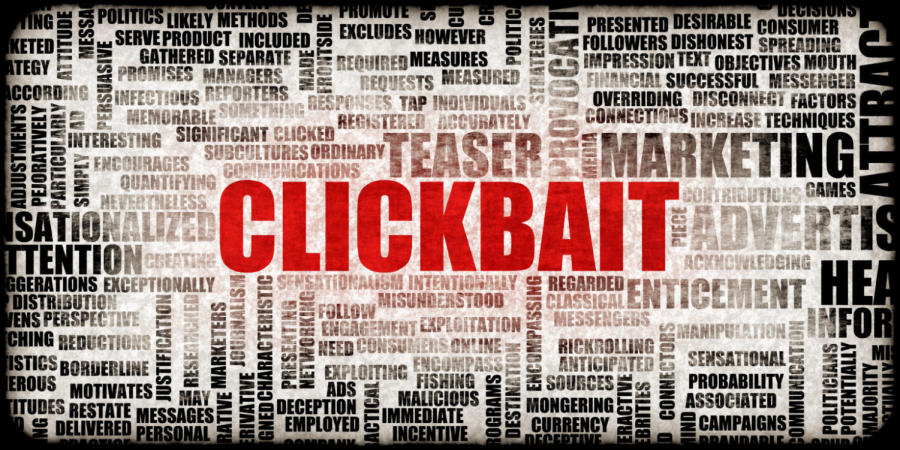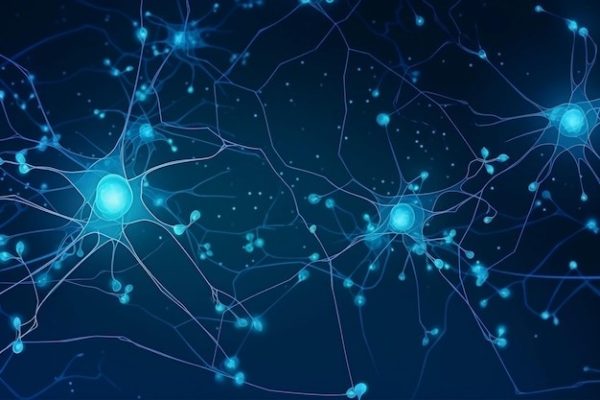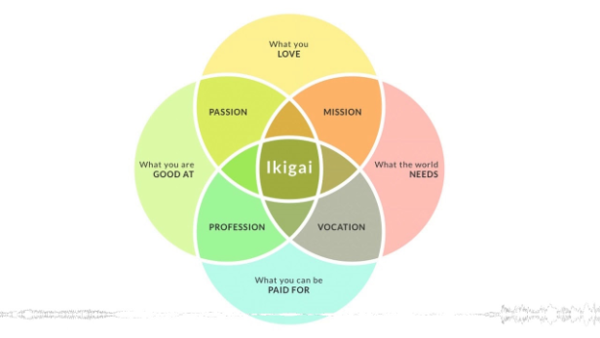The Future of Sensationalist Journalism
https://st4.depositphotos.com/2228340/41887/i/600/depositphotos_418874516-stock-photo-clickbait-cheap-marketing-trick-get.jpg
In a figurative sense, Media is similar to an animal. Throughout its evolution, it is always adapting to meet the needs of the environment around it. Much like Darwin’s theory of the evolution of life, the evolution of media is founded on the survival of the fittest. The evolution and adaptation of media has been seen in its transition from prehistoric wall paintings, such as that in the Magura Cave, which contained over 700 wall paintings from 8000-4000 years ago, to the printing press of the 15th century, when goldsmith Johannes Gutenberg created a method of printing that was ready to be used commercially in the Gutenberg Press, to the more recent penny press following the 1830s where newspapers were easily mass-produced and inexpensive, to the modern day consumption of media via the internet through services such as digital news, Facebook, and Instagram. An observation can be made here that as time has passed and humans have evolved, the media has adapted to becoming brief, exaggerated, and sensationalist – this may be related to the notion of the human need for stories, both real and imagined, as a way to feel interconnected.
However, a severe consequence of evolution, and the improvements in technology that come with it, is that humans become complacent and increasingly apathetic due to the ease and availability of information online. Much like in the examples of media listed before, as technologies improve, the quality and quantity of services on the internet become increasingly easier to access, and now an individual can access almost anything instantly on the internet without much effort, as well as being able to write anything without much effort through services such as ChatGPT. Frank Sonnenberg, an award-winning author on moral character, personal values, and responsibility, shares his perspective on this through his novel BookSmart, saying, “We’ve become so addicted to instant gratification that we’re blind to the impact it has on our lives.” This much is true in society, as according to a study done by Microsoft Corp in 2015, the average attention span of individuals has decreased by 25% from 2000 to 2015. With this decrease in attention span, media, like it always has, must adapt to its environment, thus creating a society dominated by short, sensationalist stories to generate attention and engagement, rather than the traditional, pragmatic but perhaps less engaging stories.
This moral conflict of interest between traditional journalism and modern sensationalism is described by Tom Arenberg, a professor at the University of Alabama, as a “tug of war between the need to create traffic and the need to fulfill the civic mission of journalism.” This discordance between the “need to create traffic” and “the need to fulfill the civic mission of journalism” accurately represents the dilemma faced by the journalism industry, and how it will evolve to then affect society: leading to distrust in the media, which prioritize views over integrity.
The focalisation of sensationalist stories will have an overall detrimental effect on society, as it has the potential to lead to a more polarized and pessimistic society. With journalists in pursuit of scandals, bad news and public takedowns in the hopes of “create[ing] traffic,” the negative externalities of this action are passed onto society, which receive news that, although may be more engaging, will likely also be more cynical and egregious. Moreover, the extremism of the media may even be extrapolated into creating what American Science-Fiction writer Phillip K Dick calls “spurious realities [which] are manufactured by the media”. The idea that the media can bend the very fabric of reality has catastrophic consequences, with the distortion of societal views, the polarization of society, and an overall distrust in the community that is directed at the media, the government, or even themselves.
Furthermore, if the need to “generate traffic” continues without intervention, it will become increasingly difficult for individuals to distinguish genuine bad news and sensationalist news. This will inevitably lead to a distrust of journalism and lead to widespread skepticism and disbelief in the information provided by the media, directly contradicting the role that journalism plays in a democracy. For instance, this theory, as well as the concept of public takedowns became apparent in politics when Donald Trump took office and began calling out sensationalist media, claiming that it is the “True enemy of the People”. Disregarding previous norms about the relationship between politicians and the media, with the media wanting coverage and the politicians wanting to seem cordial, Trump persuaded millions of Americans to disregard any of the propaganda and anti-trump news that was issued, and so the trust in the media had decreased from 72% in 1976 to 34% in 2023. However, despite the potential positive effects of less visibility and complacency towards sensational news, it could also be argued that these types of news still exist and that traditional media has been hit hard alongside sensationalism. Following the conceit of the comparison between the evolution of the media to the evolution of the animals, it could be said that much like the pests in the animal kingdom, sensationalist news hides among traditional news, biding its time for the next big story.
In addition, the repeated promotion of scandals, bad news, and public takedowns will have negative mental, and social effects on those who read the news, and those whom the news is about. Constant exposure to sensationalist negative news can have significant impacts on the mental well-being of people, which can lead to a range of health issues such as anxiety, depression, levels of stress, and even nihilism – the sense that life is meaningless. This may refract into a society that is suffocating from hopelessness, doubt and cynicism. Similarly, the distortion of the truth in the media can also severely impact the lives and reputations of the subject of the media. Journalists often initiate or participate in the public takedowns of businesses, individuals as well as organizations, without suffering from accountability themselves, but placing long-term implications on the careers of those who are targeted. In the example of Donald Trump and his retaliation to the media, he often uses words such as “Fake news”, and stands up for himself throughout many attempts at public takedowns. However, not all individuals and organizations are privy to the level of influence of the former president. They are often involved in public takedowns without the means or ability to respond or defend themselves. This will have drastic consequences on the livelihoods of those who are targeted: especially the organization’s reputation, their individual careers, as well as their mental health.
However, this is not to say that giving the journalism industry complete freedom of speech, and the ability to discuss matters such as scandals, public takedowns and bad news is an inherently bad thing, but simply that the complete freedom of speech as well as limited accountability creates the opportunity for that freedom to be corrupted. In the first world war of 1914-1918, civil liberties such as freedom of speech in Germany were suspended under the name of Hitler. Under the coordination of Major Walter Nicolai, censorship was implemented and on the 31st of July 1914, instructions for the press were issued listing all the military affairs that were strictly forbidden from publication. Breaking these demands would result in jail time, or death. This example illustrates the subversion and reversal of sensationalism: censorship and complete government control over the media, which is also detrimental to an interconnected, informed citizenry with an overall healthy well-being. Therefore, preventing modern journalists from chasing clicks, bad news and other stories of the like is a difficult task, and one that may be even more damaging to a society than allowing sensationalism to occur; it may restrict their right to freedom of speech, their right to knowledge, and can promote propaganda rather than sensationalist news.
In conclusion, in relation to modern-day journalism, it is important to find a balance between what Tom Arenberg discerned as “the need to create traffic”, and “the need to fulfill the civic mission of journalism”. Allowing the media complete freedom to chase clicks, scandals, bad news and public takedowns will result in a more pessimistic, cynical, and polarized society. However, restricting journalism’s freedom of speech can also suppress information, undermine democracy, and cause the media to promote propaganda and biased reporting as opposed to sensationalism.
The future of journalism is an uncertain one, where the moral and financial considerations involved in writing sensationalist news to “generate traffic,” or traditional pragmatic news that promotes integrity, become interwoven. However, understanding the motives behind the media will become increasingly important. Regardless of the motives behind the manipulation of the news, media literacy will be crucial in establishing an independent opinion, and to be able to observe journalisms as it evolves, rather than be caught up in it.
Sources and Recommended Reading:
PWV (2021). Sensationalism of Security Leads to Security Problems. [Online image] PWV Consultants. Available at: https://www.pwvconsultants.com/blog/sensationalism-of-security-leads-to-security-problems/ [Accessed 3 May 2023].













